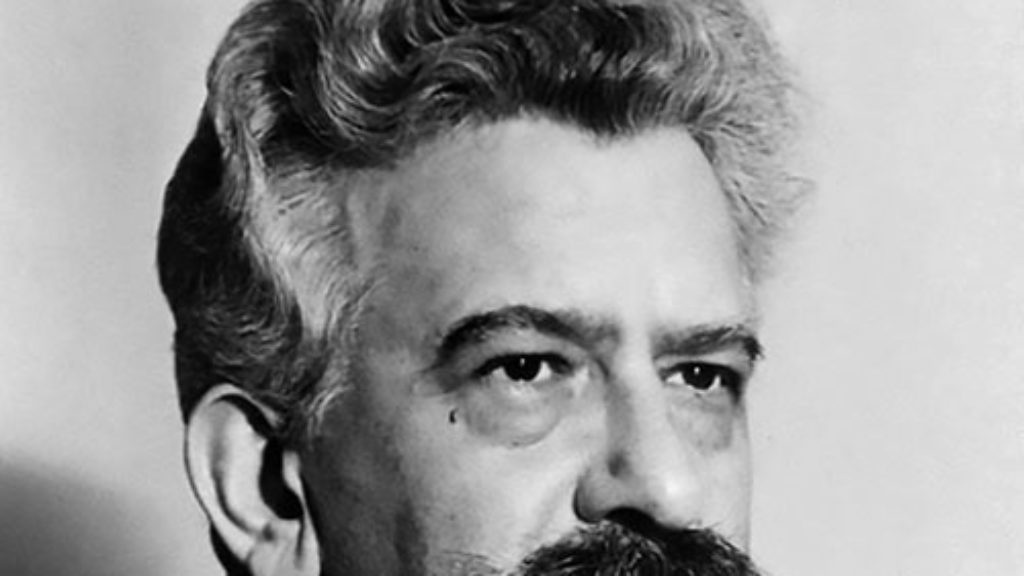
In and Out of Time
A new collection of Heschel's writings plucked from obscurity and presented with clarity to English readers adds to our understanding of the centrality of time in Heschel’s worldview.

The Gray Lady and the Jewish State
Jerold Auerbach’s archly titled new study Print to Fit: The New York Times, Zionism and Israel, 1896–2016 is a well-researched and, for the most part, damning brief of the Times’s news coverage and editorial attitudes toward Zionism and Israel for over a century.
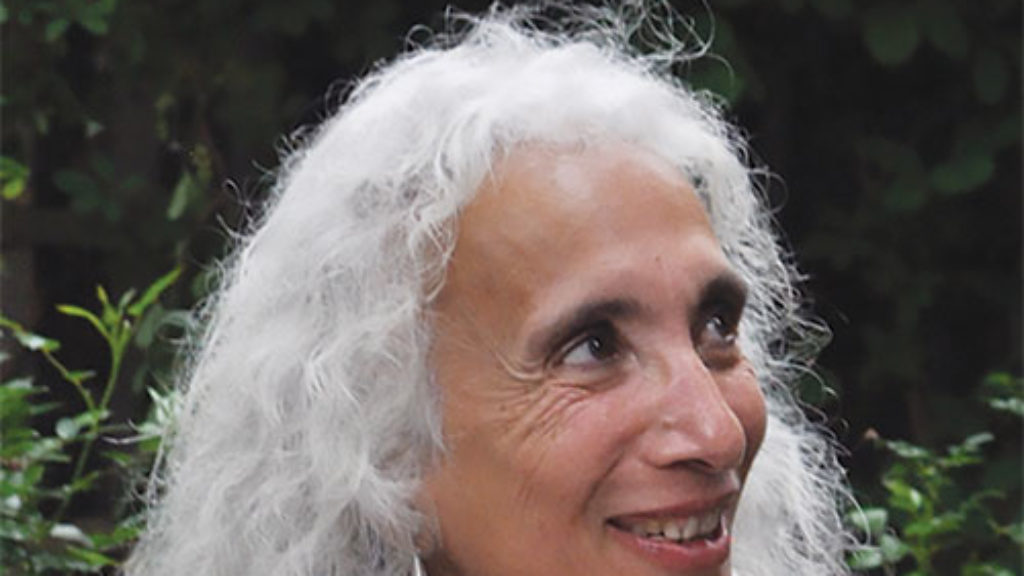
Mastering the Return
Embedding biblical allusions in her descriptions of pagan practices, Tova Reich in her new novel seems to suggest that the world is so entangled that there is no space between the sacred and profane.
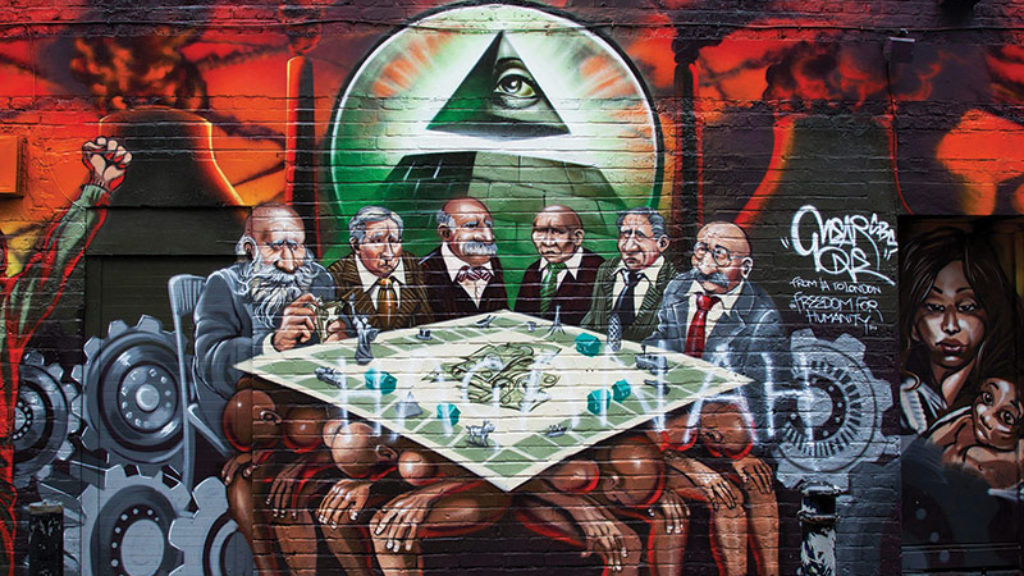
Jews Not without Money
Jews, Money, Myth, at London's Jewish Museum, normalizes the Jewish relationship with money without negating those factors that made this particular historical association especially fraught.
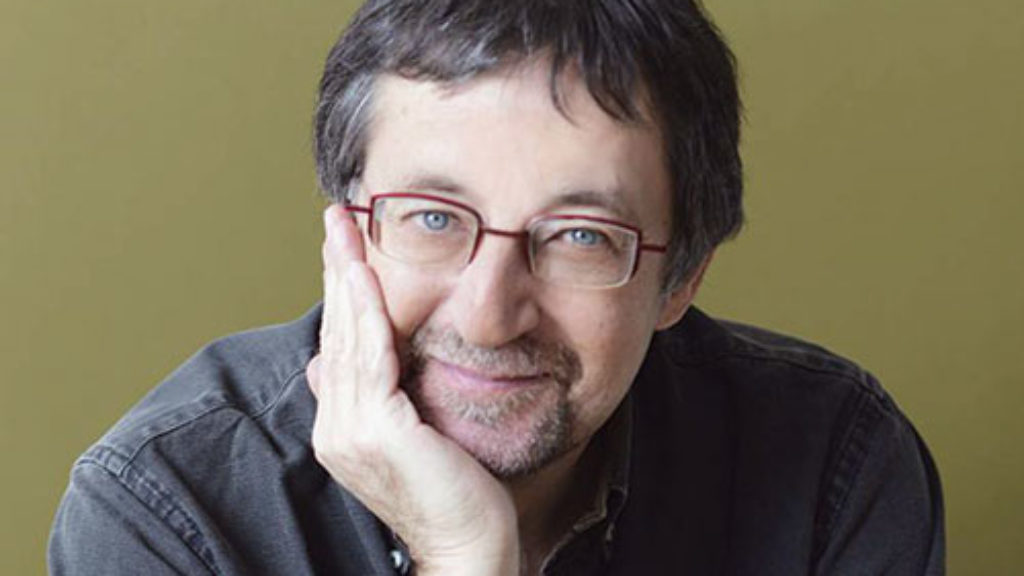
The Zionavar Tapestry
Canadian fantasy writer Guy Gavriel Kay weaves unique novels with Jewish themes but never quite escapes Tolkien's orbit.
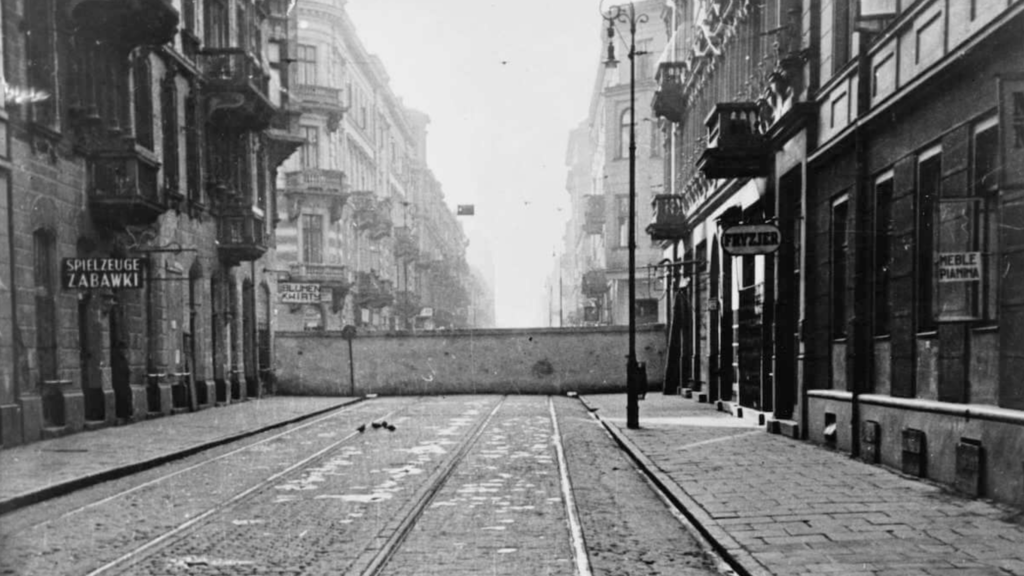
Unquiet Ghosts of the Ghetto
As we mark the 80th anniversary of the fall of Poland to the Germans in World War II, a new documentary gives a glimpse inside the Warsaw Ghetto.
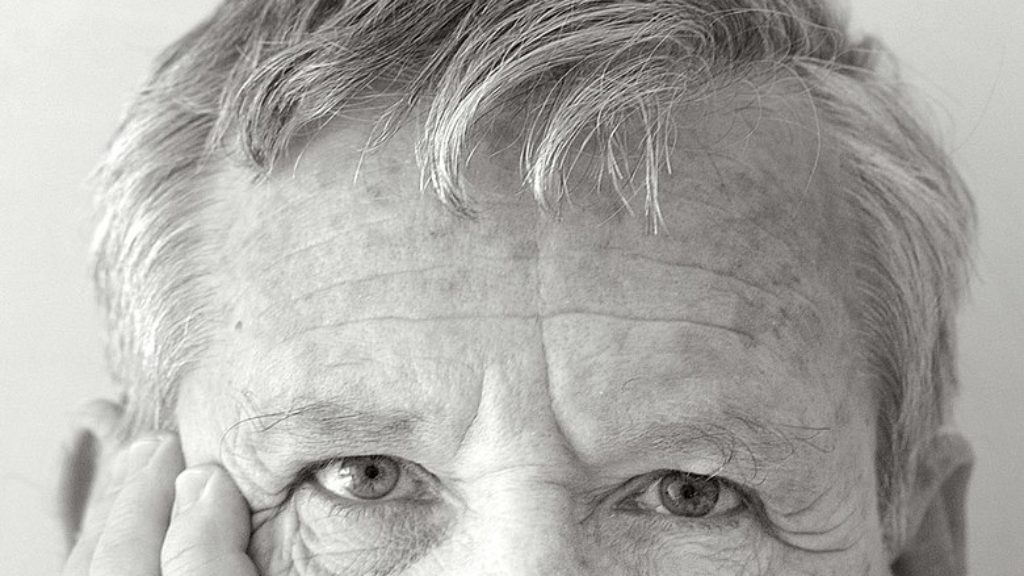
Agnon, Oz, and Me
Over the years, I’ve spoken privately with several Israeli novelists but with only two of the internationally famous ones. And these very brief conversations took place more than 40 years…
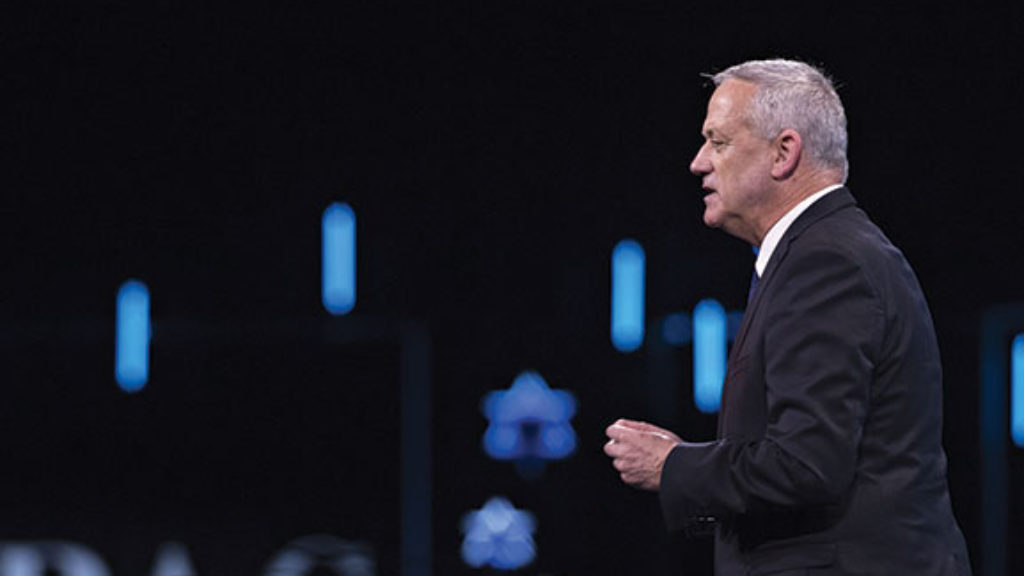
A Failure of Reimagination?
We once worried about the faith of young American Jews; now we worry about their politics. It’s part of a long historical development we should resist because Judaism-as-politics isn’t enough.
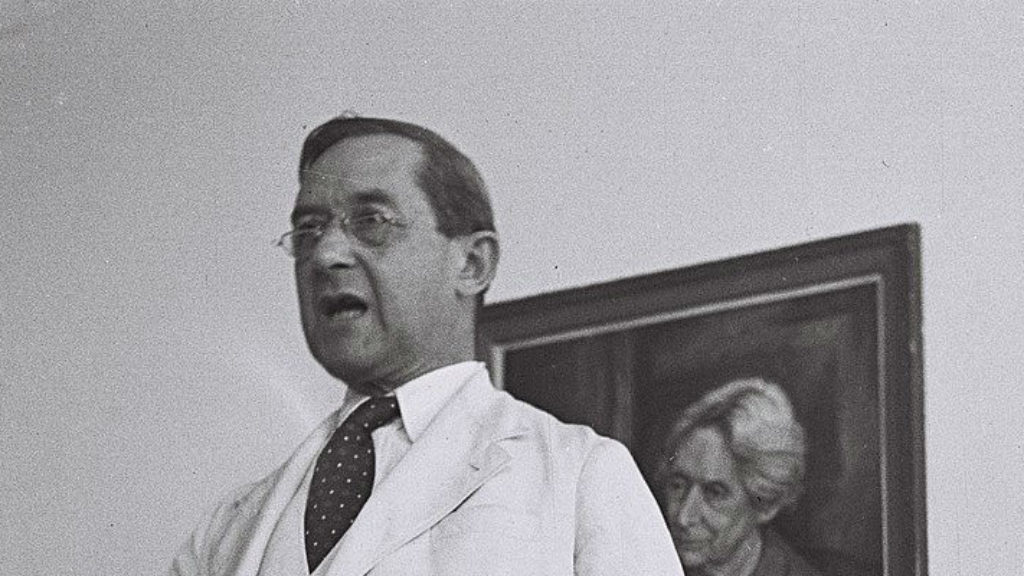
A Good Second Choice
Yirimiyahu be-Tzion is a solid work of intellectual history, devoted above all to understanding Judah Magnes as he understood himself, sympathetic but honest, and attentive to the weaknesses as well as the strengths of his thinking.
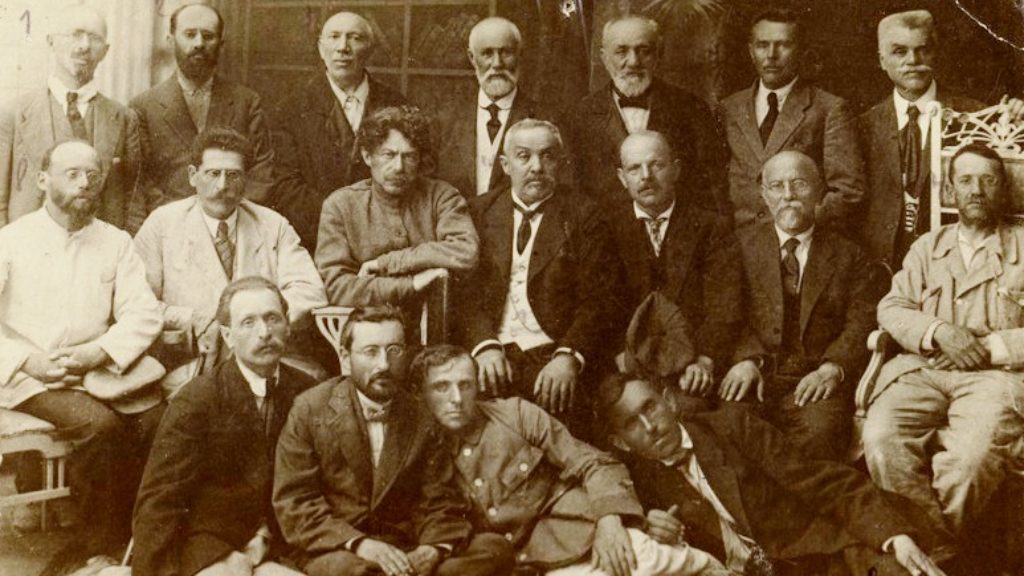
A Pinch of Levity
Is it true that three people are required to perfect a joke: one to tell it, one to get it, and a third not to get it? Stuart Schoffman tracks a single Jewish joke through multiple tellings.